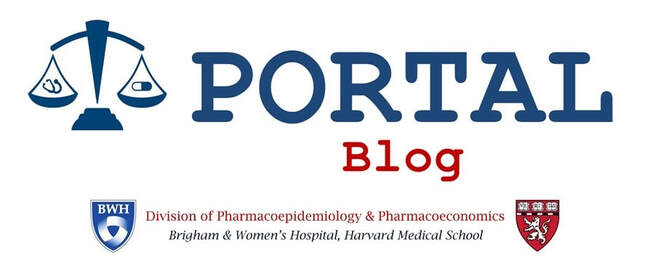|
Leah Rand
Prescription drug prices in the US far exceed those in any other country. In response, recent Congressional bills and an Executive Order have proposed benchmarking US prices to those in other countries. In addition, there has been a movement toward comparative effectiveness research and “value-based pricing,” aligning prices with the clinical benefit of the drug. However, such proposals have faced pushback. Conservatives express concern about importation of price controls, whereas advocates of value-based pricing are concerned that international prices may not be sufficient to determine an appropriate price for a new drug. It is important, therefore, to understand what drives price evaluation determinations outside the US. A major tool for price negotiation internationally is health technology assessment (HTA), a process of evaluating the clinical effects and economics of a drug or its cost-effectiveness. HTA organizations analyze the additional clinical benefit a new drug offers compared to available treatments and the cost difference between the new and old treatments. Though HTA is an empirical process grounded in economic and clinical evidence, it is also inherently political. A new study by PORTAL researchers in the Journal of Law, Medicine and Ethics aimed to dentify features of HTA with bioethical implications and to describe variations in how different countries have addressed those issues. The HTA methods from a group of countries referenced in a Congressional bill and that are economically similar to the US—Australia, Canada, France, Germany, Japan, and the UK—were studied as well as the Institute for Clinical and Economic Review, a US-based non-profit organization conducting HTA. Ten ethically-relevant features were identified and grouped in three categories: features that impact the calculation of cost-effectiveness, those that effect recommendations, and condition-specific carve-outs. One result with particular significance for the US is the divergent approaches to evaluating drugs for rare diseases. Prices for rare diseases have climbed during the last decade and more drugs have entered the market, putting an affordability strain on payers and on patients who may also face access limitations. Across the international HTA organizations some, as in Germany, only evaluate rare disease drugs if the predicted budget impact reaches a spending threshold; others, including the UK and Japan, increase the acceptable cost level for these drugs, while yet others make no concessions for rarity. Each choice about HTA design affects the results of the evaluation and price negotiations and patient access to the drugs. There are a range of tested alternatives and each implements a particular value about how to use public (or private) resources to determine patient access to the drugs. HTA and its recommendations and price negotiations are based on conscious, value-sensitive design choices. Whether the US benchmarks to international prices or adopts a version of HTA, policymakers need to consider which values should be incorporated into determining drug prices and therefore access. 6/10/2022 12:45:11 am
It was interesting to know that health technology assessment is the primary tool for international price negotiation. My friend told me that they want to ensure that they are investing in the right medical technology. I think it's best for them to conduct medical technology assessment before making a decision. Comments are closed.
|
AuthorPORTAL Blog posts are authored by PORTAL faculty, trainees, and collaborators. Archives
January 2022
Categories |
|
Program On Regulation, Therapeutics And Law (PORTAL)
Division of Pharmacoepidemiology and Pharmacoeconomics 1620 Tremont Street, Suite 3030 Boston, MA 02120 |



 RSS Feed
RSS Feed
